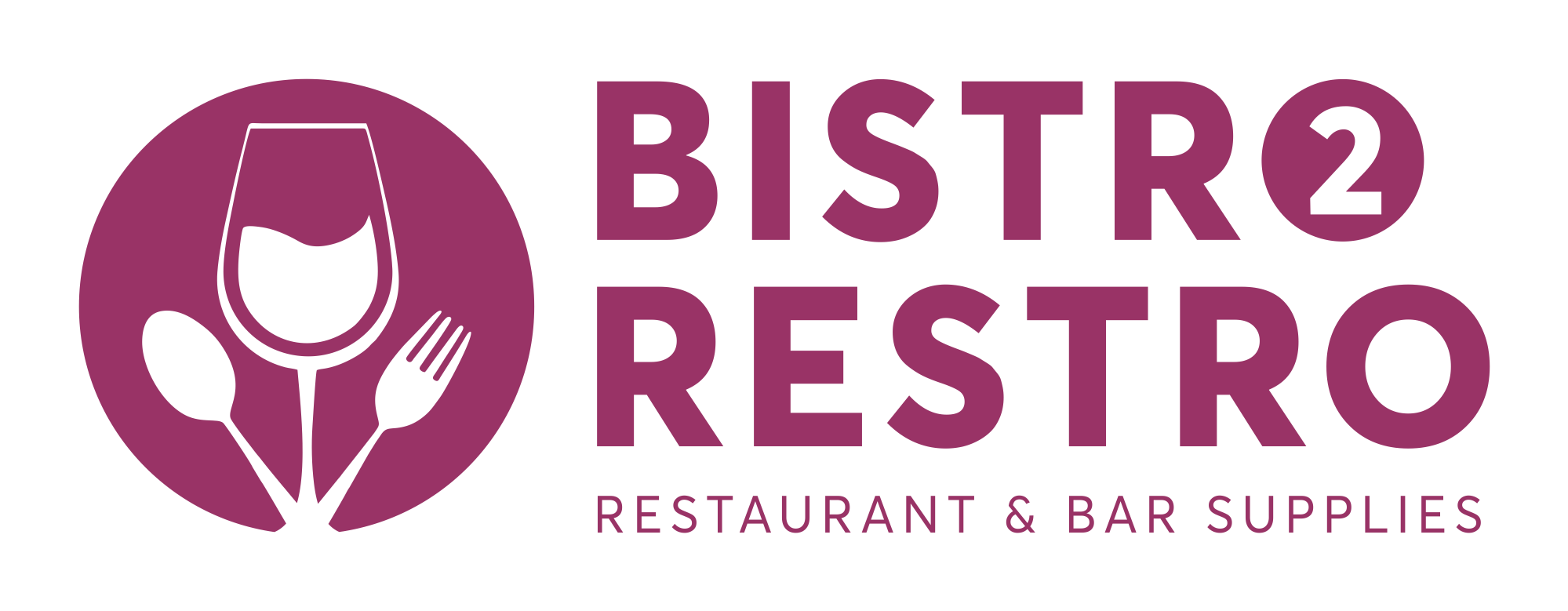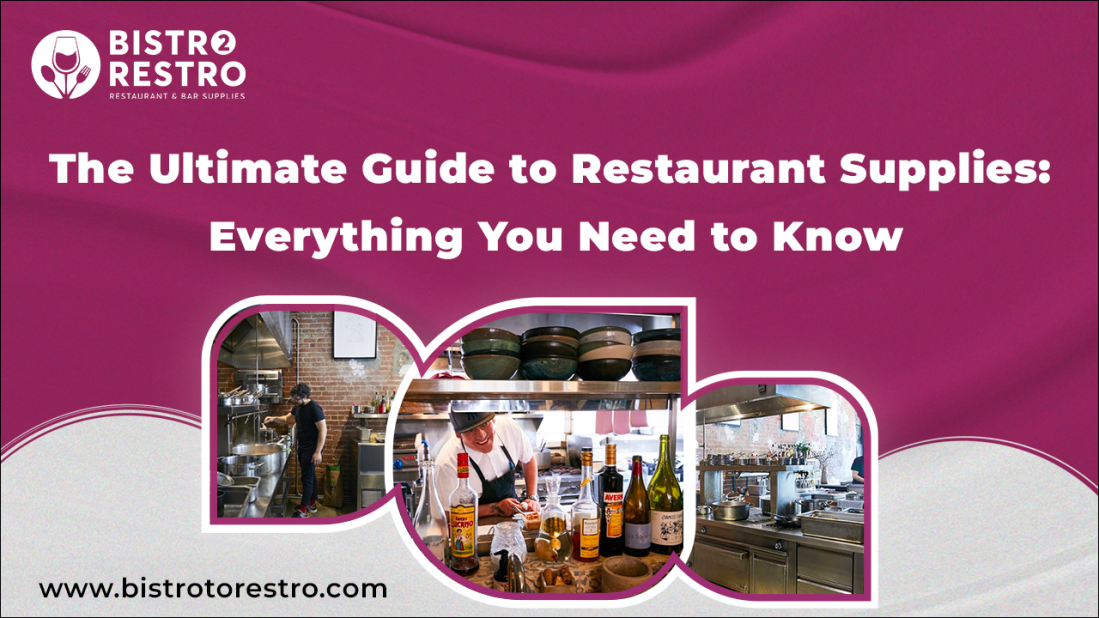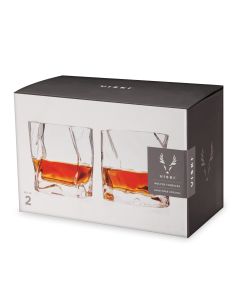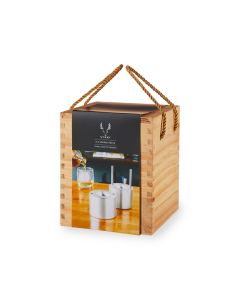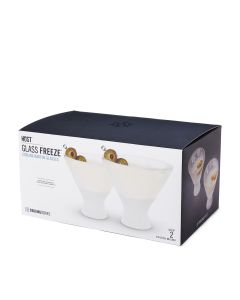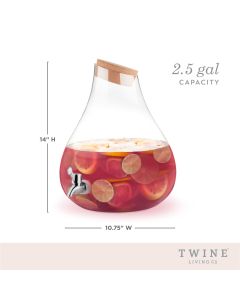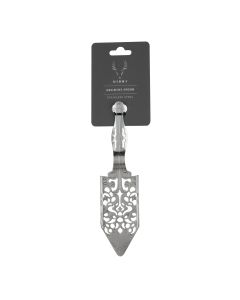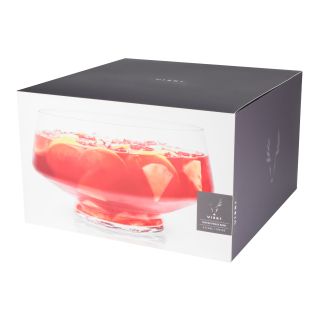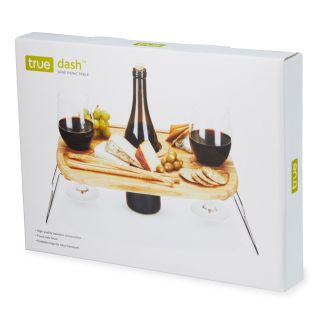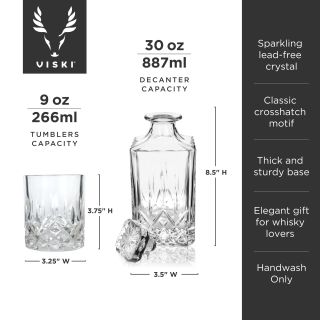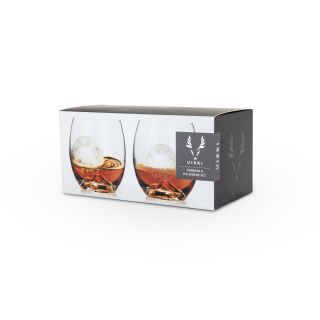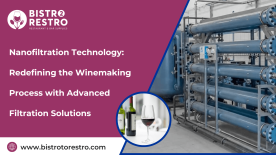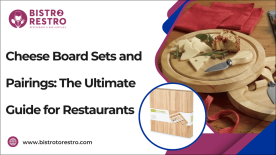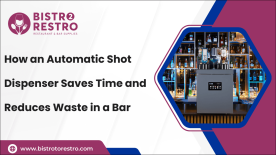Running a restaurant is an exciting yet challenging endeavor. As any experienced restaurant owner or manager will tell you, the key to success lies not just in your culinary skills or the ambiance, but also in having the right equipment. From kitchen tools to bar essentials, the best restaurant supplies are essential for ensuring a seamless operation and providing an excellent experience for your customers. In this comprehensive guide, we’ll walk you through everything you need to know about restaurant supplies, including the most essential items, tips on sourcing supplies, and how to choose the best suppliers for your needs.
Understanding the Importance of Quality Restaurant Supplies
Running a restaurant requires a careful balance of creativity, organization, and efficiency. At the heart of this balance are your restaurant supplies. These essential tools allow your kitchen staff to work quickly and effectively while maintaining a high standard of food quality. If you skimp on the supplies, it can lead to inefficiencies, delays, and compromised food safety, ultimately affecting your restaurant’s reputation.
Essential Restaurant Supplies for a Fully Equipped Kitchen
The kitchen is the lifeblood of any restaurant, and the supplies you choose will directly impact the efficiency and effectiveness of your operations. The following are key categories of restaurant kitchen supplies you should prioritize to ensure your kitchen is fully equipped and ready for service:
Cooking Appliances
High-performance cooking equipment is essential for preparing food to meet your restaurant’s standards. The best restaurant supplies in this category include:
Ranges and Stoves: A reliable range or stove is essential for grilling, sautéing, frying, and more. Look for commercial-grade units with multiple burners for flexibility and efficiency.
Ovens: Whether it’s a convection oven, pizza oven, or combi-oven, these units are vital for baking, roasting, and other cooking techniques.
-
Deep Fryers: If your menu includes fried foods, investing in a high-quality deep fryer ensures that food is cooked evenly and safely.
Food Preparation Equipment
Preparation is key to running an efficient kitchen. Essential prep equipment includes:
Food Processors: These versatile tools help with chopping, slicing, dicing, and pureeing ingredients quickly, saving time in the kitchen.
Mixers: For bakeries or restaurants that make dough and batter in-house, commercial-grade mixers are a must.
Knives and Cutting Boards: Sharp, high-quality knives are essential for precise cutting and safety in the kitchen. Invest in a variety of knives, including chef's knives, paring knives, and serrated knives, along with sturdy, hygienic cutting boards.
Storage and Refrigeration
Proper storage and refrigeration are crucial for keeping ingredients fresh and maintaining food safety standards:
Refrigerators and Freezers: Commercial refrigerators and freezers come in various sizes, including upright units, under-counter models, and walk-ins, to accommodate your storage needs.
Shelving Units: Stainless steel shelving helps organize dry ingredients and makes access to kitchen tools easier.
Cooking Utensils and Cookware
Quality cookware and utensils play a big role in preparing dishes to perfection:
Pots and Pans: Invest in high-quality stainless steel or non-stick cookware that offers durability and heat conductivity.
Spatulas, Tongs, and Ladles: These tools help your kitchen staff handle food safely and efficiently.
Must-Have Bar Supplies for a Successful Beverage Program
If your restaurant includes a bar, the right bar supplies are essential for providing a great experience to your patrons. Whether you’re serving cocktails, craft beer, or non-alcoholic beverages, investing in the best restaurant supplies for your bar will improve service and ensure consistency. Here are some key items for your bar:
Bar Tools
The best restaurant supplies for your bar include a variety of tools to help your bartenders craft drinks efficiently and with precision:
Shakers and Strainers: Essential for mixing cocktails and straining out ice or solids.
Jiggers: These measuring tools ensure consistency in drink recipes.
Muddler: Perfect for crushing fruits or herbs to release flavors in cocktails.
Glassware
Different types of beverages require different types of glassware. Consider these options for a well-equipped bar:
Cocktail Glasses: Including martini glasses, highball glasses, and rocks glasses.
Wine Glasses: Red and white wine glasses are essential for any establishment serving wine.
Beer Glasses: From pint glasses to steins and pilsner glasses, these are important for serving a variety of beers.
Beverage Dispensers
For establishments that serve large quantities of beverages, such as iced tea or lemonade, beverage dispensers can be a time-saver. Additionally, ice makers are crucial for keeping drinks cold and refreshing.
At BistroToRestro, we understand that a well-equipped bar is essential for delivering exceptional beverage experiences. Our curated selection of bar supplies includes premium drinkware such as cocktail shakers, strainers, jiggers, bar spoons, mixing glasses, garnish tools, ice tools, bitters bottles, and more. These tools are designed to enhance the efficiency and precision of your bartending, ensuring each drink is crafted to perfection. Explore our collection today and elevate your bar setup with the finest supplies available.
The Importance of Choosing Durable and Reliable Restaurant Furniture
The aesthetic appeal and comfort of your restaurant’s dining area play a critical role in customer satisfaction. Choosing durable and reliable furniture is just as important as selecting high-quality kitchen equipment.
When sourcing furniture, consider:
Seating Comfort: Whether it’s booths, chairs, or stools, customers will stay longer and enjoy their meals more if they are comfortable.
Durability: Restaurant furniture is subjected to daily use, so opt for sturdy materials such as wood, metal, or durable fabrics that can withstand the wear and tear of a busy restaurant environment.
Style and Design: Your furniture should align with the theme of your restaurant. Whether you’re going for a modern, rustic, or casual vibe, ensure your furniture complements your décor.
Also read on: Top Bar Trends: Redefining the Drinking Experience
Sourcing Restaurant Supplies: Buying or Leasing?
Once you’ve identified the essential restaurant supplies needed to run your business, the next decision is whether to buy or lease the equipment. There are pros and cons to each approach, and it’s essential to choose the option that best fits your budget and long-term goals.
Buying: Purchasing restaurant supplies upfront can be more expensive, but it provides long-term value as you own the equipment outright. It’s ideal for well-established restaurants that can afford the investment and have a clear vision of their future needs.
Leasing: Leasing allows for lower initial costs, making it a great option for startups or restaurants that frequently upgrade equipment. However, it may result in higher long-term costs, and you won't own the equipment at the end of the lease term.
Know More About Mastering the Art of Running a Successful Bar: A Comprehensive Guide
Tips for Choosing the Right Supplier for Your Restaurant Needs
Choosing the right supplier is essential for getting the best restaurant supplies at the best price. Here are some tips for making the right selection:
Do Your Research
Take time to research potential suppliers. Look for suppliers that offer a wide range of restaurant supplies, from kitchen equipment to bar essentials and furniture. Ensure they have a good reputation for reliability and customer service.
Consider Bulk Purchasing
When buying supplies, it’s often more cost-effective to purchase items in bulk. This is especially true for things like cleaning supplies, utensils, and disposable items.
Look for Warranty and Support
A good supplier will offer warranties on their products and provide responsive customer service in case you experience any issues with the equipment.
Compare Prices
While price is important, don’t compromise on quality just to save a few dollars. Compare prices from different suppliers and consider the value you’re getting for the price.
Opt for Local Suppliers
If possible, try to work with local suppliers. They can provide faster delivery times, better support, and more personalized service.
In conclusion, the best restaurant supplies are the foundation of a successful foodservice operation. Whether you're looking to equip your kitchen, stock your bar, or furnish your dining area, investing in high-quality, durable equipment is essential for maintaining efficiency, food safety, and customer satisfaction. By understanding the importance of these supplies and making informed purchasing decisions, you can create an optimal environment for your staff and customers. Choosing the right supplier, and carefully evaluating your options, will ultimately help you run a more successful and profitable restaurant.
FAQs
What are supplies in a restaurant?
Restaurant supplies include tools, utensils, cleaning products, and non-food essentials needed for daily operations.
How often should a restaurant do inventory?
Most restaurants conduct inventory weekly or bi-weekly to manage stock levels and reduce waste.
How do restaurants get their supplies?
Restaurants source supplies through food distributors, wholesalers, online suppliers, or local vendors based on needs and budget.
